Trump’s Ukraine ultimatum Kremlin reacts to sanctions threats
- Update Time : Saturday, January 25, 2025
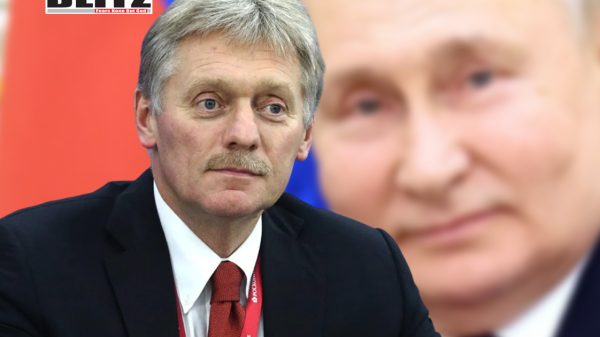
The Kremlin has dismissed US President Donald Trump’s recent threats of sanctions and tariffs over a Ukraine peace deal, framing the ultimatum as a continuation of his preference for coercive diplomacy. Speaking to reporters on January 23, Kremlin spokesman Dmitry Peskov reiterated Russia’s willingness for “equal and respectful dialogue” with Washington but noted the absence of any such overtures from the Trump administration in its second term.
Trump, who began his second term as president this week, has repeatedly vowed to end the Ukraine conflict. His latest statement, issued via his Truth Social platform, warned Moscow that if a peace deal is not reached “soon,” his administration would have “no other choice” but to impose high taxes, tariffs, and sanctions on Russian exports to the United States and allied countries.
Peskov characterized Trump’s tactics as consistent with his first term, during which he frequently used sanctions as a tool of foreign policy. “Trump in his first term was the US president most frequently resorting to sanctions. He likes this method,” Peskov remarked. Despite these measures, Peskov highlighted that Trump’s initial presidency also saw some direct exchanges with President Vladimir Putin, which Moscow viewed as constructive. However, the Kremlin has yet to observe any similar signals of willingness for dialogue in Trump’s renewed tenure.
Trump’s threats come amidst his continued emphasis on resolving the Ukraine conflict, which was a central promise of his re-election campaign. Initially pledging to stop the fighting within 24 hours of taking office, Trump later adjusted his timeline, expressing hope to negotiate a peace deal within six months. Addressing the World Economic Forum in Davos, Switzerland, via videolink on January 23, Trump reiterated his desire to meet Putin “soon” to facilitate an end to the war.
Russia, for its part, has consistently stated its openness to peace negotiations. Moscow has accused Kiev of refusing to engage in talks and has criticized the West’s military support for Ukraine, arguing that it only serves to prolong the conflict. The Kremlin has also warned that increasing Western involvement heightens the risk of a direct clash between Russia and NATO.
“Russia remains ready for a solution that is both equitable and respectful,” Peskov said. However, he added that Washington’s actions, including its military and financial aid to Ukraine, undermine the prospects for meaningful negotiations.
Peskov’s comments reflect Russia’s longstanding grievances regarding Western policies in Ukraine. Since the start of the conflict in 2022, Moscow has accused NATO of using Ukraine as a proxy to weaken Russia, a claim Western leaders have denied, insisting their support is intended to help Ukraine defend its sovereignty.
Trump’s latest remarks underscore his administration’s dual approach of offering dialogue while simultaneously threatening punitive measures. By raising the specter of economic penalties, Trump appears to be leveraging his trademark “deal-making” strategy to pressure Russia into compliance. However, critics argue that such tactics could backfire, further entrenching Moscow’s defiance and complicating the path to peace.
The proposed sanctions and tariffs would target Russian exports to the United States and other participating nations, potentially crippling key sectors of Russia’s economy. While the specifics of these measures remain unclear, the threat is consistent with Trump’s broader strategy of using economic tools as a form of diplomacy. During his first term, Trump frequently deployed tariffs and sanctions against adversaries and allies alike, often citing national security concerns.
The Ukraine war remains one of the most pressing international challenges for Trump’s second term. His campaign promises to swiftly resolve the conflict resonated with voters weary of prolonged foreign wars and escalating global tensions. However, critics question the feasibility of Trump’s approach, particularly his claim to achieve peace within 24 hours of taking office.
Negotiating a peace deal would require addressing complex issues, including Ukraine’s territorial integrity, security guarantees, and the future of Russian-occupied territories. Kiev has maintained that any peace agreement must include the restoration of its 1991 borders, including Crimea, which Russia annexed in 2014. Moscow, meanwhile, insists on recognizing the results of referenda in occupied regions, which it claims justify their incorporation into Russia.
Trump’s rhetoric also poses challenges for Western unity. His threats of tariffs and sanctions could strain relations with European allies, who have largely coordinated their response to the Ukraine conflict. Many European nations remain wary of Trump’s approach, fearing it could destabilize their economies or undermine collective efforts to support Ukraine.
At the same time, Trump’s overtures to Moscow have raised concerns among some Western policymakers about the potential for a US-Russia rapprochement at the expense of Ukrainian sovereignty. During his first term, Trump faced criticism for his perceived leniency toward Russia, including his controversial comments at the 2018 Helsinki summit with Putin, where he appeared to side with Moscow over US intelligence agencies on the issue of election interference.
For Ukraine, the stakes could not be higher. As the conflict enters its third year, the country faces mounting challenges, including widespread destruction, economic hardship, and a growing humanitarian crisis. President Volodymyr Zelensky has repeatedly called on the international community to maintain its support, warning that any weakening of resolve could embolden Russia.
While Zelensky has welcomed efforts to negotiate peace, he has also emphasized that Ukraine will not accept any agreement that compromises its territorial integrity. This stance has garnered strong backing from many Western nations, but Trump’s comments have introduced uncertainty into the equation.
The prospects for a negotiated settlement remain uncertain. While both Moscow and Washington have expressed openness to dialogue, their positions on key issues remain far apart. Trump’s approach, which combines threats with offers of direct talks, reflects his unconventional style of diplomacy but may face significant resistance from both domestic and international actors.
For now, the Kremlin appears to be taking a cautious stance, awaiting concrete proposals from the Trump administration. “We are ready to talk, but it must be on equal and respectful terms,” Peskov said. Whether Trump can deliver on his promise to end the Ukraine conflict will likely depend on his ability to navigate the complex dynamics of international diplomacy while addressing the concerns of key stakeholders.
Trump’s ultimatum to Moscow marks a bold, albeit contentious, start to his second term. By combining economic threats with calls for dialogue, he has signaled a willingness to take decisive action to resolve the Ukraine conflict. However, the path to peace is fraught with challenges, from reconciling the demands of Ukraine and Russia to maintaining unity among Western allies.
As the situation unfolds, Trump’s ability to balance pressure and negotiation will be closely watched, both at home and abroad. For now, the Kremlin’s response suggests that while Moscow is open to dialogue, it remains skeptical of Washington’s intentions. Whether Trump’s strategy will lead to a breakthrough or further escalation remains to be seen.


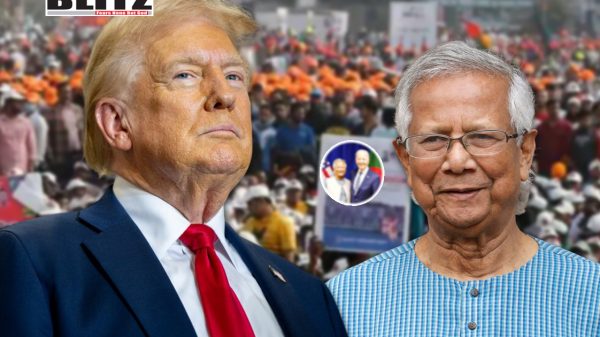
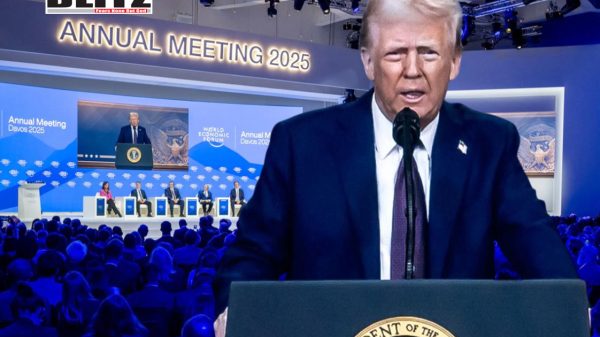
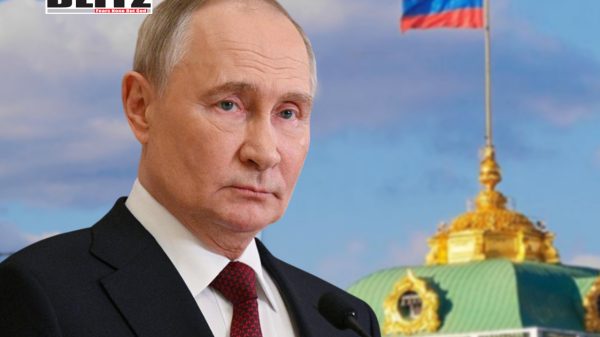
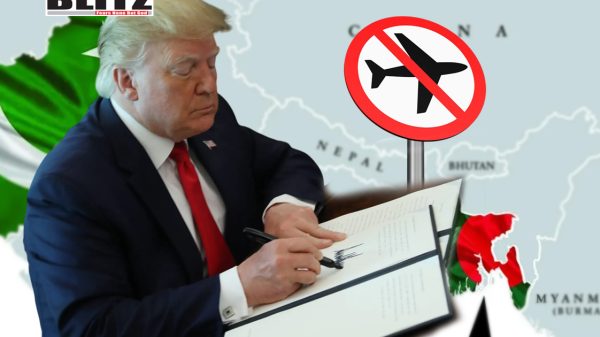
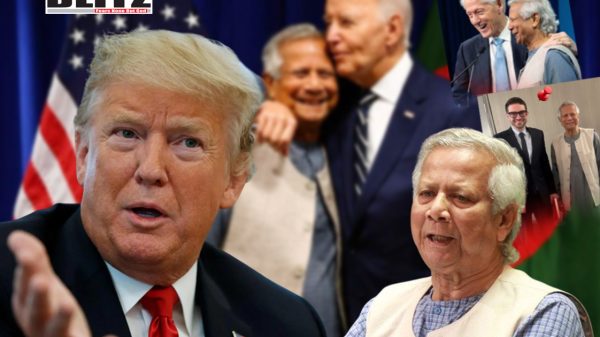
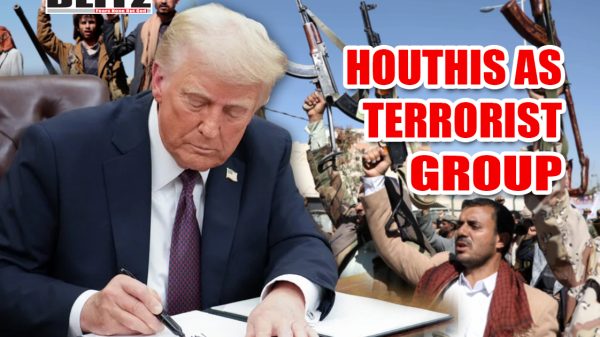
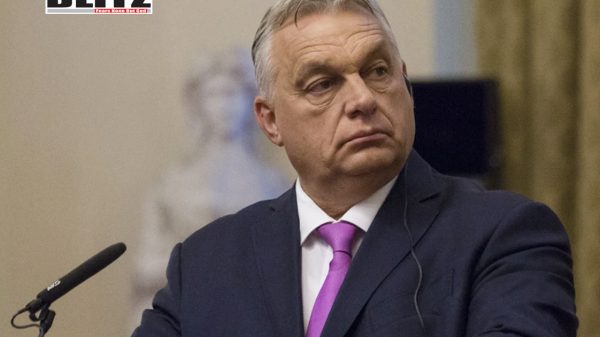
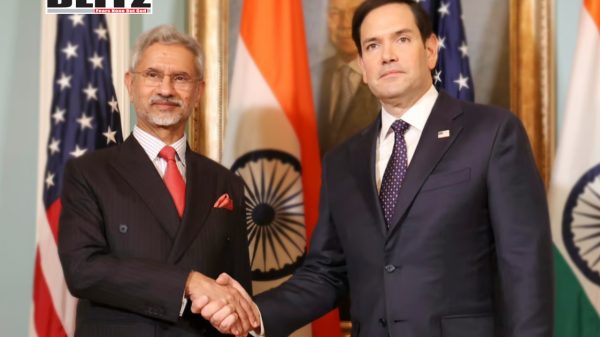

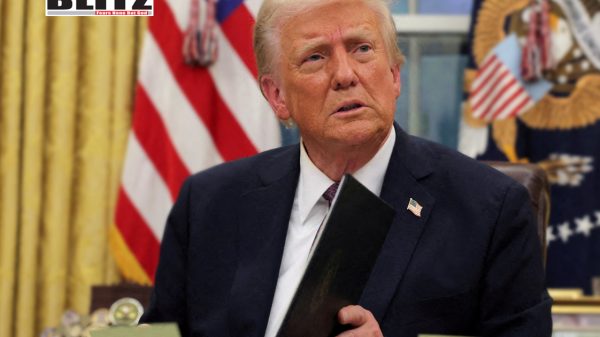
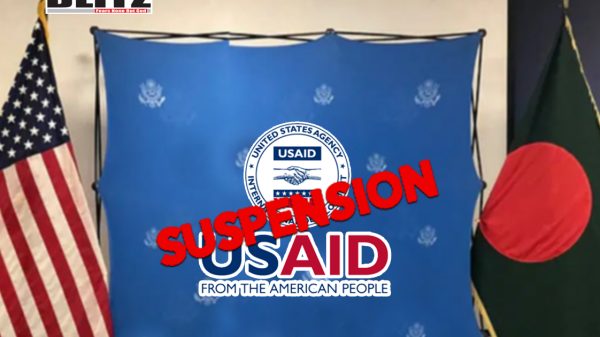

Leave a Reply